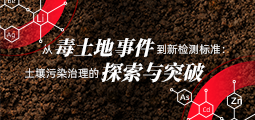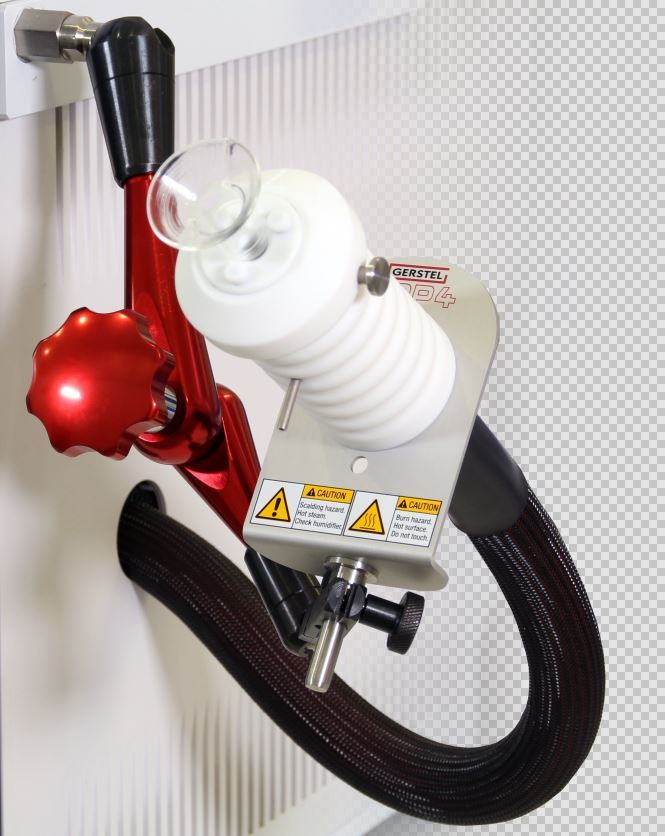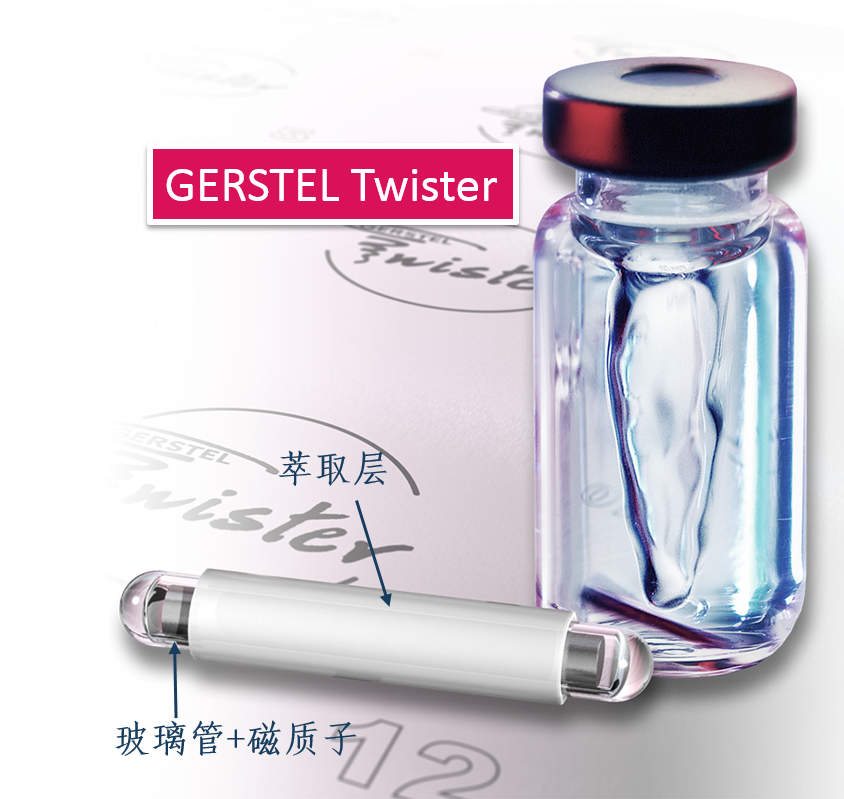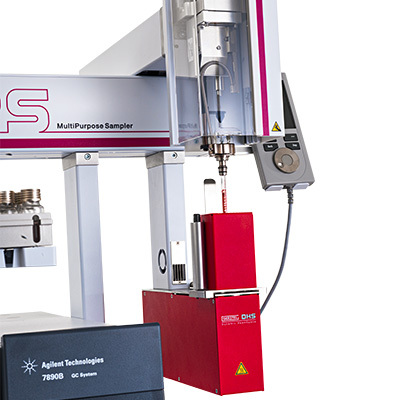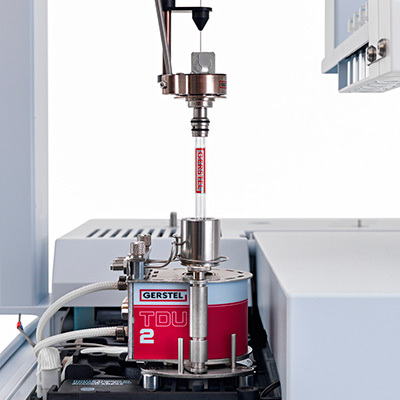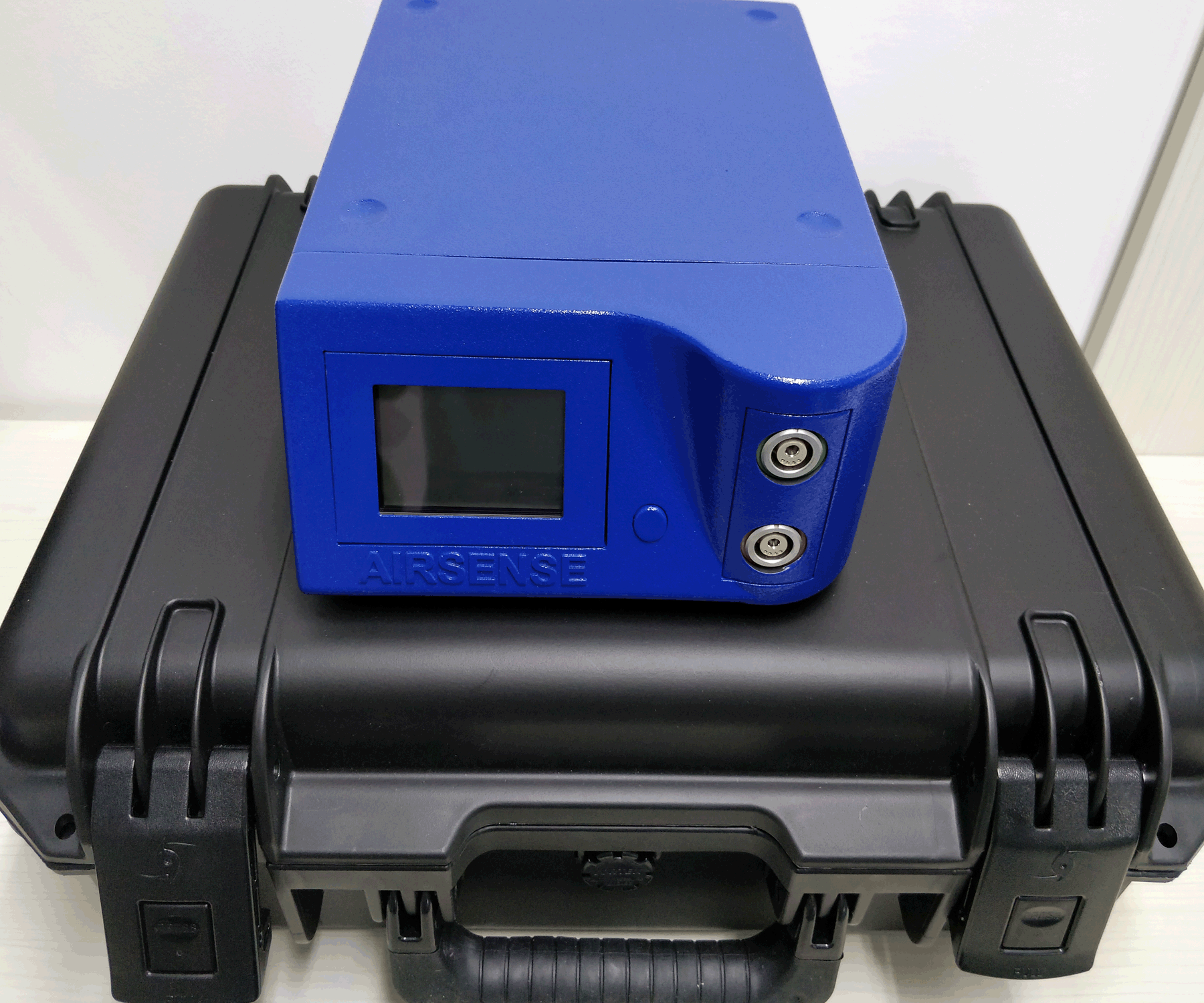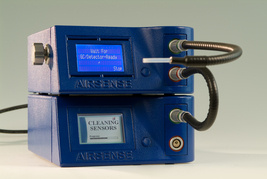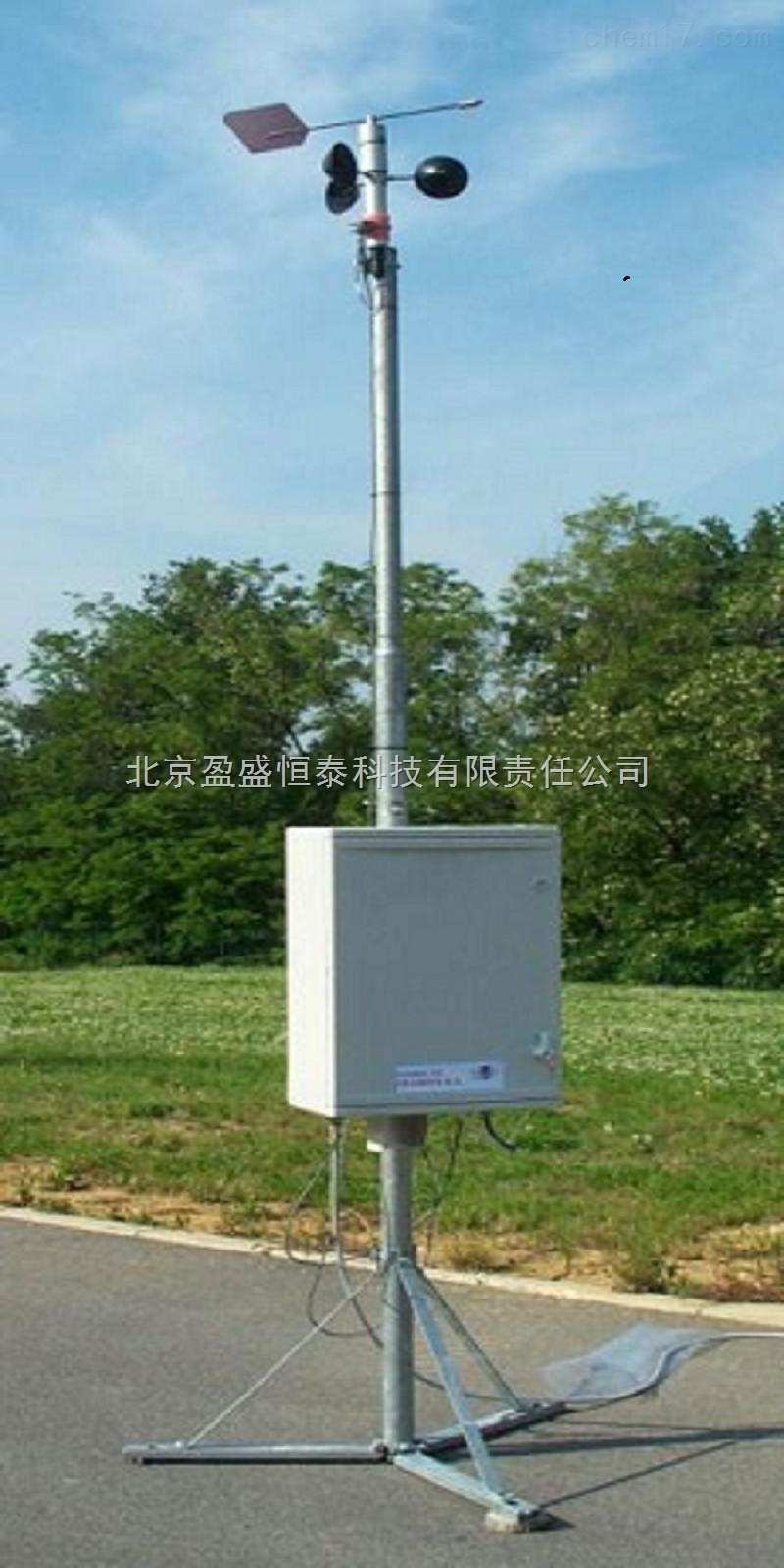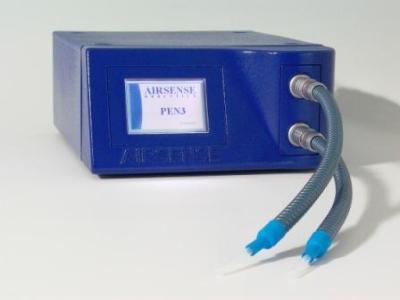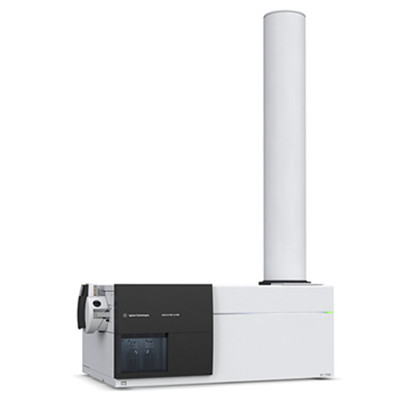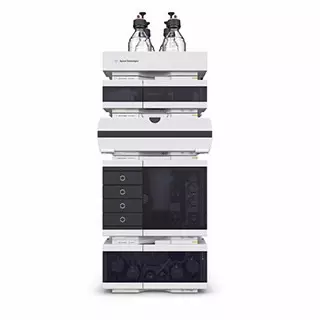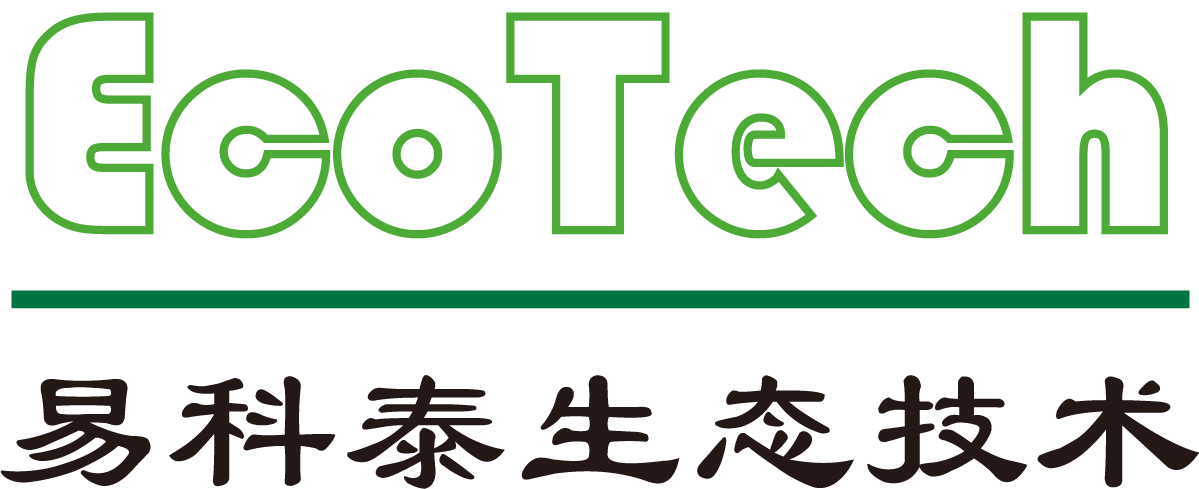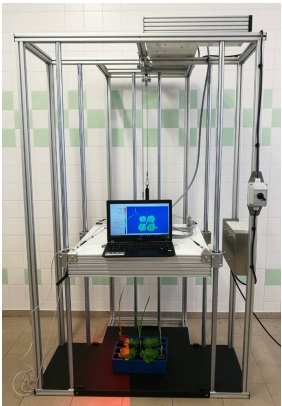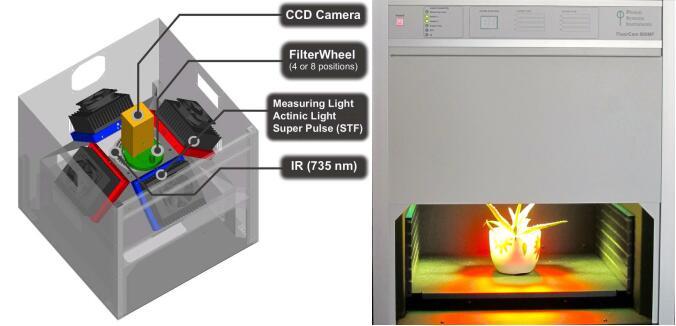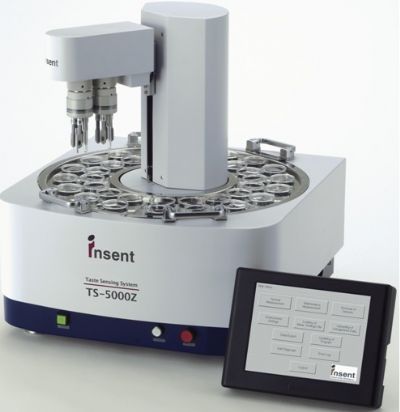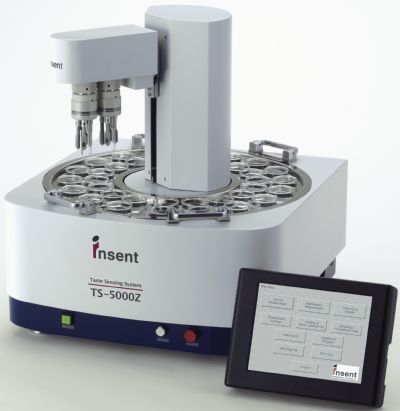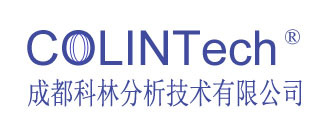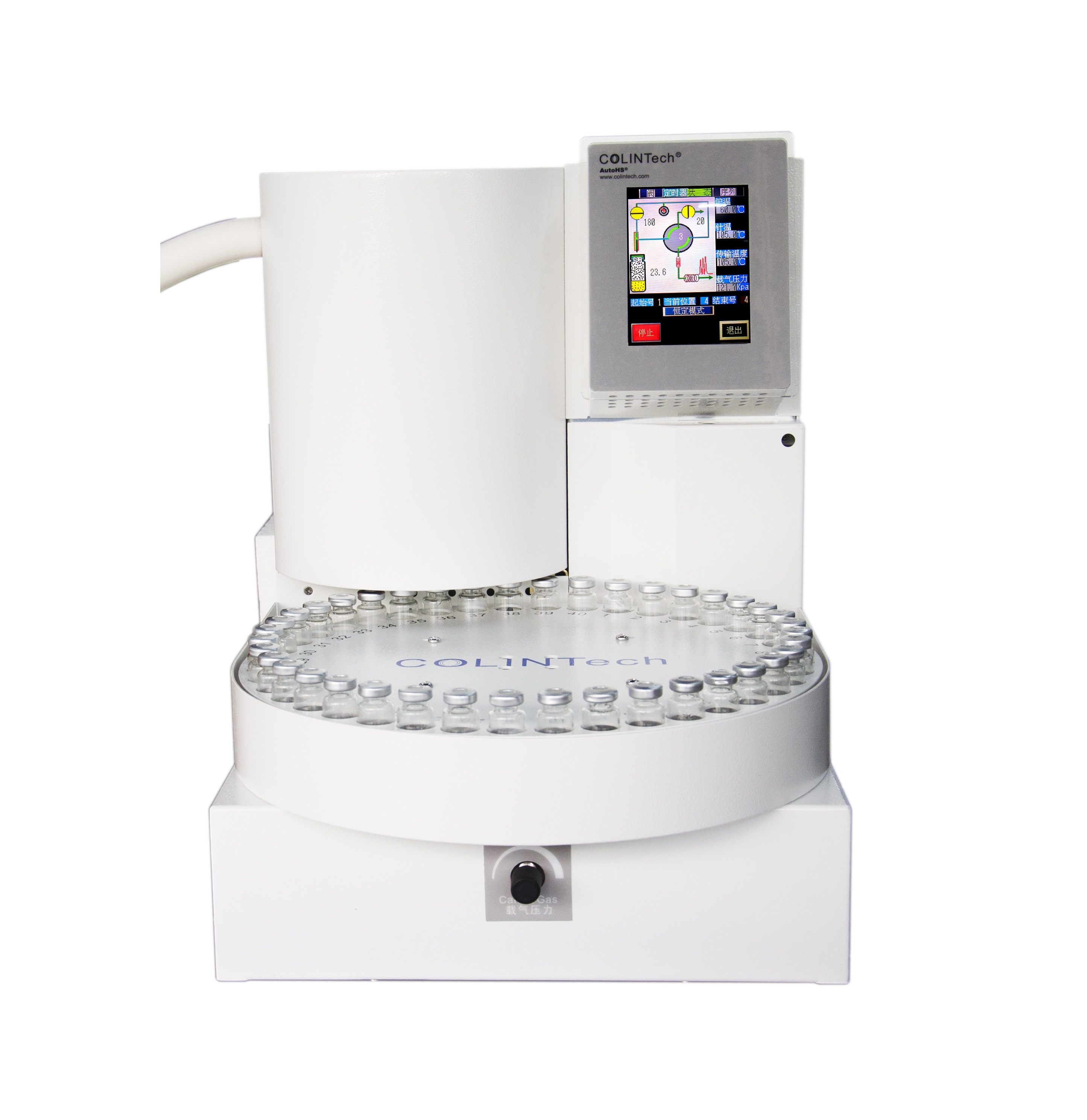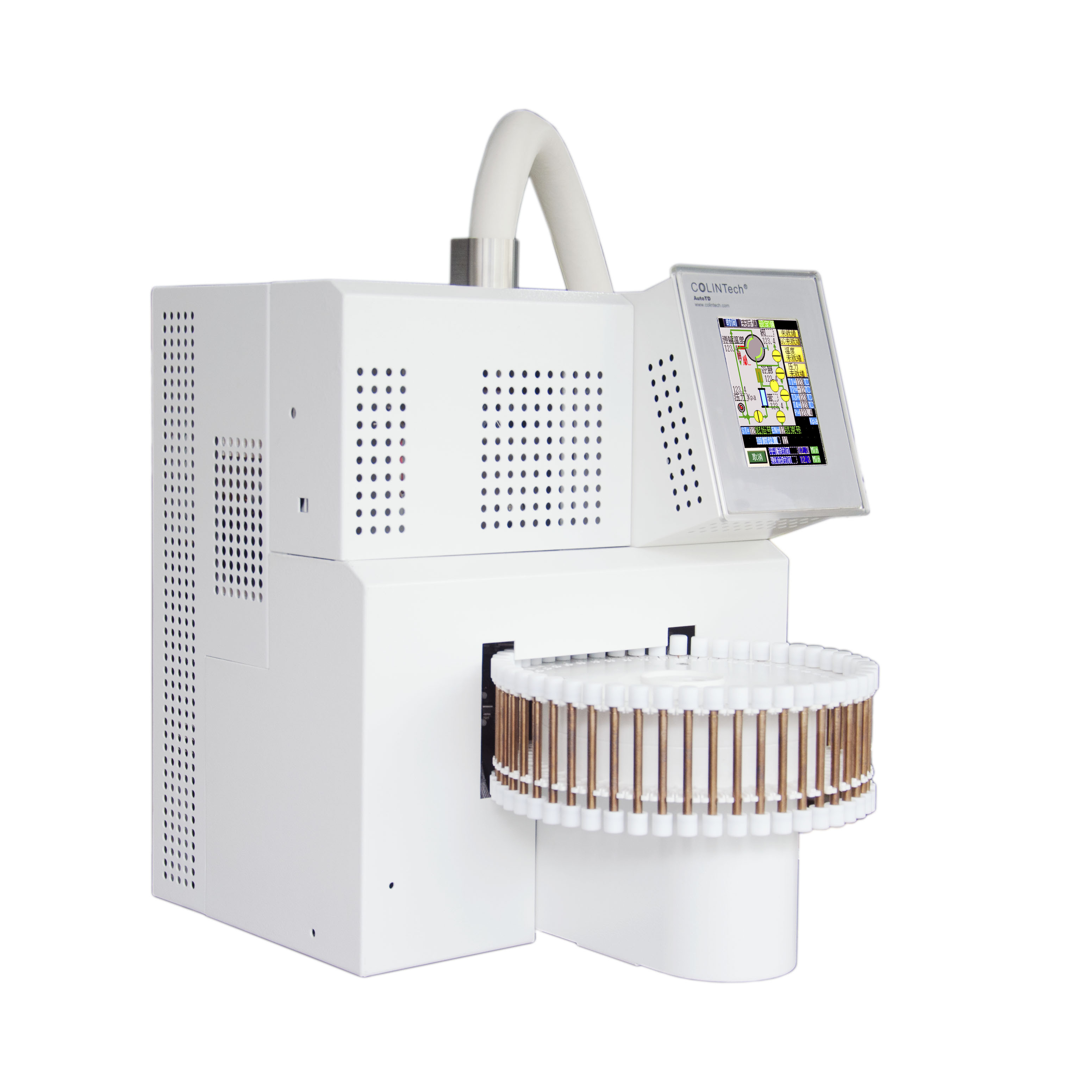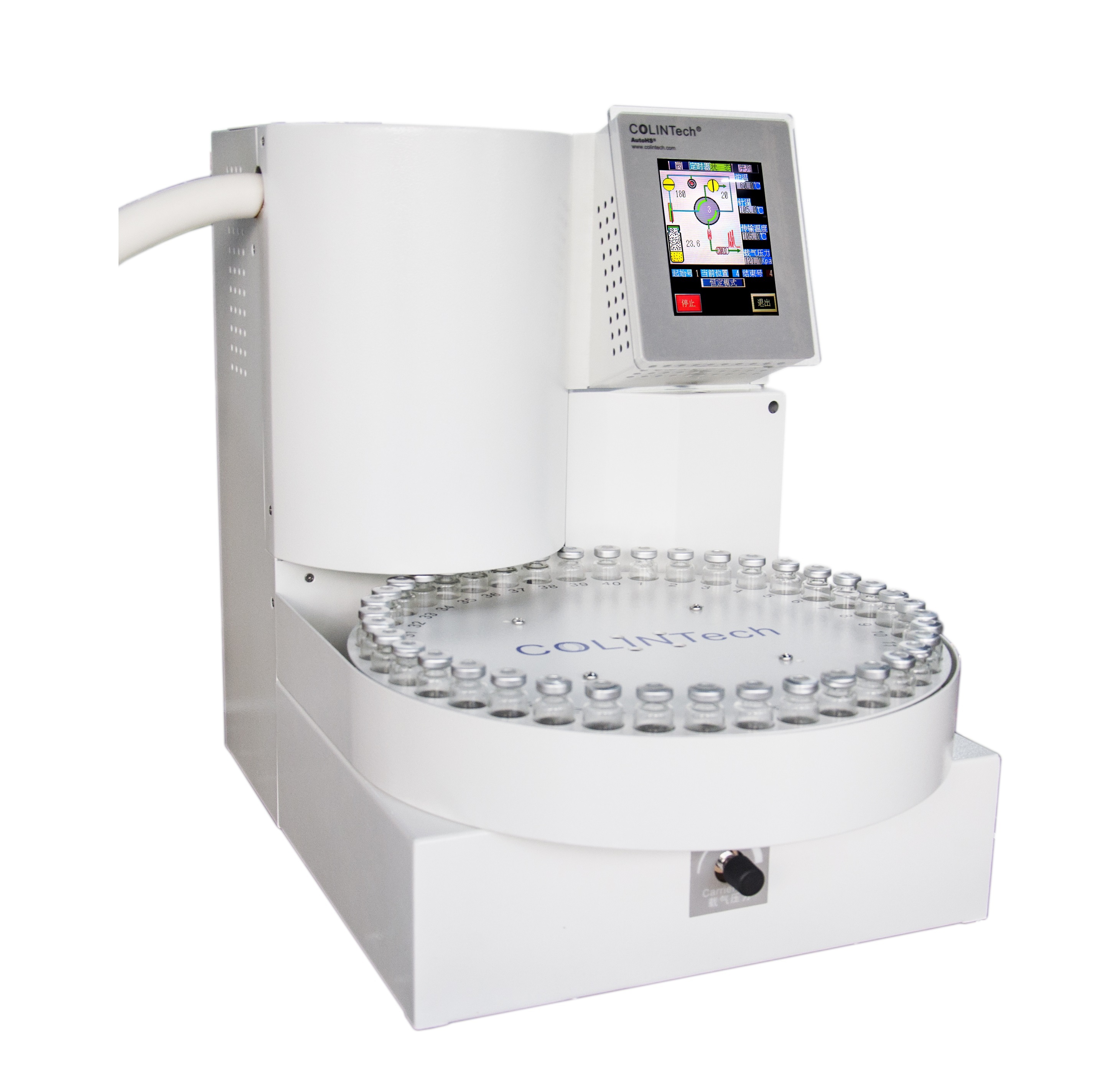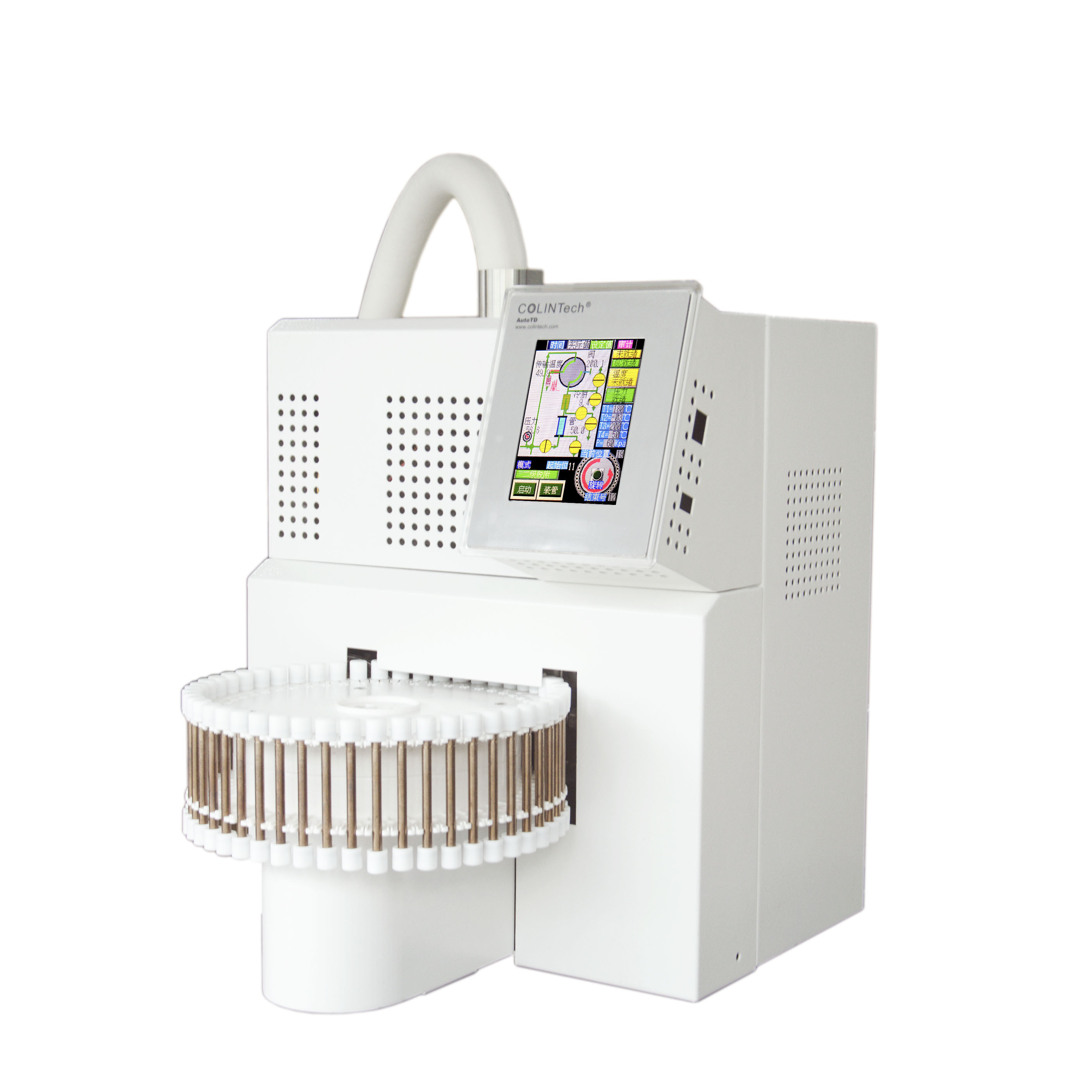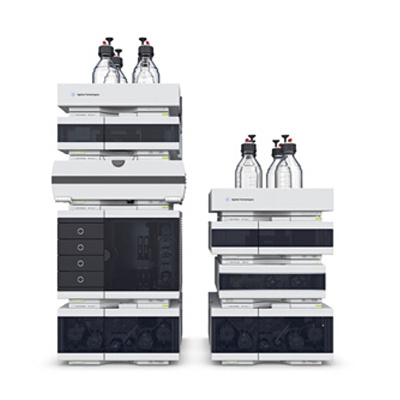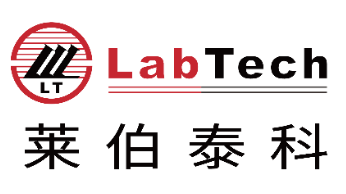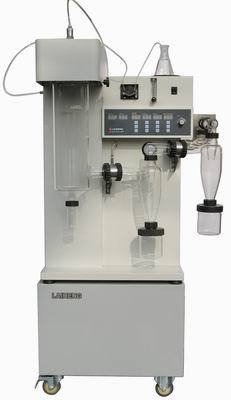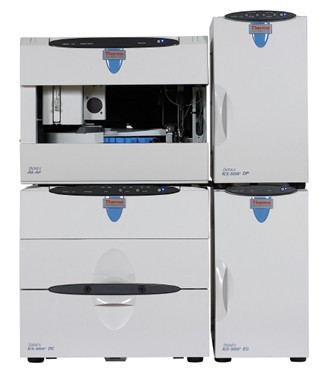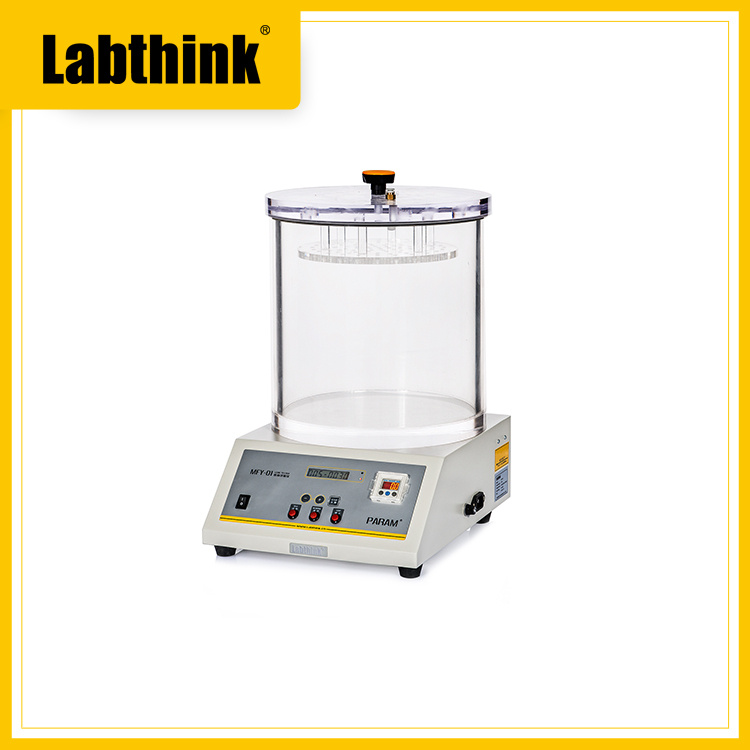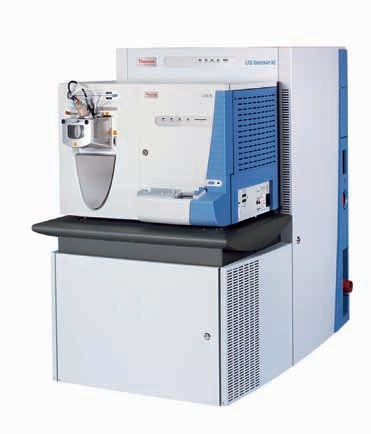百草油中分类鉴别检测方案
摘要:采用便携式电子鼻PEN3对4组不同生产批次的中成药(百草油)进行检测,并对采样得到的数据进行分析。结合主成分分析(PCA)和线性判别分析(LDA)算法的特点,采用了PCA+LDA分析方法。该方法首先通过PCA分析来压缩特征数据的维数,减少数据计算量,进而优化特征向量,继而采用LDA分析实现对不同批次百草油产品的鉴别分类。结果表明:对 4 组样本的 终判别结果达到了87.5%的正确判别率,误判的待测样本只发生在p0705和p0801之间。
关键词: 电子鼻; 中成药; 主成分分析和线性判别分析分析方法
检测样品:
茶叶
检测项:
营养成分
北京盈盛恒泰科技有限责任公司
查看联系电话
前往展位
不同品质白茶中代谢物与风味特征检测方案(液质联用仪)
本应用通过基于 UHPLC-Q-TOF/MS 的非靶向代谢组学分析方法探讨了白茶中非挥发性化合物对茶叶风味特征的影响。使用 UHPLC-Q-TOF/MS 分析茶叶的提取物,然后进行特征化合物的提取和比对,得到 1915 种化合物。基于这些化合物的主成分分析 (PCA) 和有监督的偏最小二乘差异分析 (PLSDA) 表明,三种不同品质白茶样品可以很好地分离。通过与标准品和数据库进行匹配,鉴定出多达 99 种代谢物。经由显著性检验和相关性分析发现,有显著差异的代谢物中有 41 种与风味高度相关;其中,茶氨酸、天冬氨酸、天冬酰胺和 AMP 与鲜味呈正相关,而黄烷-3-醇、聚酯型儿茶素、原花青素 B3 和可可碱与苦味和涩味呈正相关。结果表明,代谢组学技术是一种有效的发现茶叶中特征代谢物的手段,这些特征代谢物有望作为潜在标记物用来区分不同品质的白茶,以应对人为掺假和标签错贴的现象。
检测样品:
茶叶
检测项:
营养成分
安捷伦科技(中国)有限公司
查看联系电话
前往展位
茶中全二维液相色谱分析检测方案(液相色谱仪)
Tea is one of the most widely consumed beverages in the world, and is produced from the tea plant Camellia sinensis. Depending on the processing methods of the leaves of Camellia sinensis after harvesting, green, oolong, or black tea is obtained. This Application Note shows the comprehensive 2D-LC analysis of purine alkaloids and catechins in green and black tea using the Agilent 1290 Infi nity II 2D-LC solution. The precision of retention time and peak volume is determined, and the purine alkaloids caffeine and theobromine as well as the catechins catechin, epicatechin, and epigallocatechin gallate contained in green and black tea are quantified.
检测样品:
茶叶
检测项:
营养成分
安捷伦科技(中国)有限公司
查看联系电话
前往展位
茶叶、咖啡中咖啡因含量检测检测方案
摘要:
咖啡因是一种黄嘌呤生物碱化合物,是一种中枢神经兴奋剂,能够暂时的驱走睡意并恢复精力。有咖啡因成分的咖啡、茶、软饮料及能量饮料十分畅销,因此,咖啡因也是世界上最普遍被使用的精神药品。在北美,90%成年人每天都使用咖啡因。很多咖啡因的自然来源也含有多种其他的黄嘌呤生物碱,包括强心剂茶碱和可可碱以及其他物质例如单宁酸。
Griffin 460可移动GC/MS系统设计紧凑、基于环形离子阱(CIT)质量分析器并配有先进的PSI-Probe技术,能够实现固体直接进样,从而省去样品前处理步骤。对于固体或者液体样品,采用Touch-and-Go(TAG)可以避免传统的复杂样品前处理过程而实现样品的进样分析。
本文使用Griffin 460可移动GC/MS系统,采用固体进样PSI-Probe方式,分析检测了4种茶叶和1种咖啡中的咖啡因,样品前处理简便,省去了复杂的前处理过程,10 min内能得到结果。
检测样品:
茶叶
检测项:
营养成分
北京莱伯泰科仪器股份有限公司
查看联系电话
前往展位
龙井茶中感官品质检测方案
Sensory evaluation can provide integrated, direct measurements of the perceived
quality of food products. However, a sensory panel is subjective and suffers from
inconsistency and inaccuracy. In this paper, we propose a sensory evaluation simulation
model for Longjing tea (a Chinese brand of green tea). The physiochemical quality
indicators of Longjing tea were determined by instrumental analysis, including color,
aroma, and taste. Meanwhile, the sensory quality of the tea was evaluated by an expert
sensory panel. An artificial neural network was conducted to approximately predict
sensory evaluation scores on the basis of physiochemical data. The results showed
that physiochemical factors, including hue, fluorescence peak 5, hue chromascale, b,
L, 3-(methylthio) propionaldehyde, α-terpineol, linalool, dimethyl sulfide, total aroma
value, caffeine, quinic acid, theanin, gallic acid and total catechins were best correlated
with sensory evaluation scores. Furthermore, physiochemical features that were chosen
according to important factor weights were used to classify Longjing tea into two grades.
Experimental results demonstrated that instrumental analysis could be complementarily
used in the evaluation and control of sensory quality by establishing a reasonable
sensory-instrument correlation and human-simulated predictive model.
检测样品:
茶叶
检测项:
营养成分
北京盈盛恒泰科技有限责任公司
查看联系电话
前往展位
龙井茶叶中产品品质检测方案(感官智能分析)
针对茶叶品质感官审评的不足, 采用电子鼻检测手段, 对4 个不同等级的龙井茶作等级判别。对传感器信号进行多因素方差分析得出: 不同容器容积和不同采样时刻对传感器的响应信号有着显著的影响。通过主成分(PCA )、 线性判别(LDA )和BP 神经网络方法对各茶叶样品进行了分类判别。PCA 对于等级差别较近的茶叶区分结果不太理想; 而LDA 相对于PCA 有较好的区分效果; 设计BP 神经网络拓扑结构为 30- 12- 4, 通过对网络进行适当训练, 总的测试回判率可达到 90%。
检测样品:
茶叶
检测项:
营养成分
北京盈盛恒泰科技有限责任公司
查看联系电话
前往展位
绿茶,红茶中生物标记物检测方案(液质联用仪)
The analytical metabolomic workflow described here encompasses data acquisition, discovery of differentially
abundant metabolites, and metabolite identification.
The LTQ Orbitrap XL coupled to an Accela U-HPLC system afforded fast analysis times while maintaining high chromatographic resolution. Accurate mass measurements
increased the confidence in elemental composition assign -
ments and ultimately metabolite identification. SIEVE
differential analysis software enabled large-scale evalua -
tion of multiple complex LC-MS data and com parison of
metabolite profiles between green and black tea samples.
The spectral database and fragmentation algorithms of Mass Frontier software facilitated structural assignments of metabolites of interest utilizing MSn fragmentation spectra.
检测样品:
茶叶
检测项:
营养成分
赛默飞色谱与质谱
查看联系电话
前往展位
仪器信息网行业应用栏目为您提供30篇茶叶检测方案,可分别用于营养成分检测、食品添加剂检测、理化分析检测、农药残留检测、真菌毒素检测、重金属检测、环境污染物检测、其他检测、非法添加检测、前处理检测,参考标准主要有等
